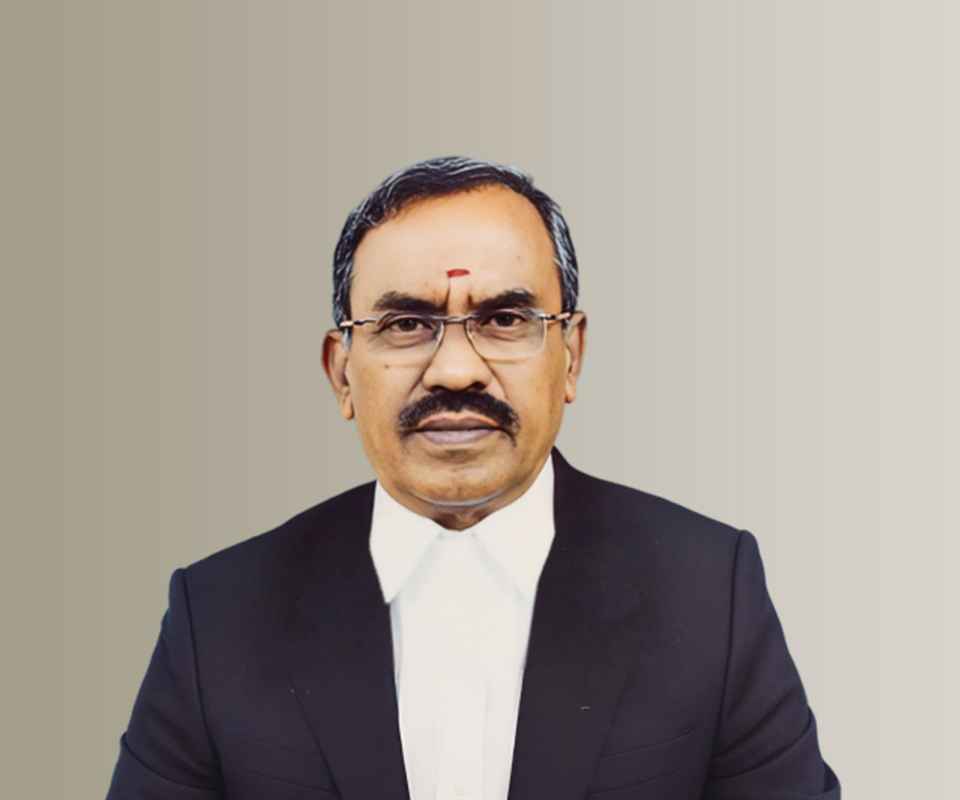Answer By law4u team
The presence of multiple wills can create confusion and legal challenges regarding the distribution of a deceased person's property. Under Indian law, multiple wills may lead to disputes among family members or legal heirs, as it can be unclear which will is the most recent or valid. It is important to understand how the courts handle multiple wills, what steps can be taken to resolve any conflicts, and what the legal implications are for the distribution of assets.
What Happens If There Are Multiple Wills?
Principle of Revocation
In the case of multiple wills, the Indian Succession Act, 1925 provides a clear guideline: if there are multiple wills, the last will executed by the testator is generally considered the valid one, provided it is proven that the testator had intended to revoke the earlier wills. According to the law, a new will automatically revokes any prior will unless otherwise stated.
Example: If a person writes a will in 2010, and then writes another will in 2020, the 2020 will is presumed to be the valid one unless there is clear evidence that the 2010 will was not revoked.
Revocation and Codicils
When multiple wills exist, the most recent will is typically presumed to be the final intention of the testator. However, if the testator had created a codicil (an amendment or addition to a will), the codicil might change the provisions of the previous will without revoking it entirely. The court will examine the wills in total to understand the testator's true intentions.
Example: If a person wrote a will in 2015 and then amended it in 2018, the 2018 will, including the codicil, will likely take precedence, unless the 2015 will specifically overrides the later one.
Probate Process and Court's Role
When multiple wills are discovered after the testator’s death, the court will usually review the probate process to determine which will should be admitted as valid. Probate is the process of validating the will and its contents in a court of law. The last will executed by the testator, unless revoked by a later will, is typically given priority. However, if there is any dispute or ambiguity, the court may need to intervene and decide which will reflects the testator’s true intentions.
Example: If a person had two conflicting wills, the court would assess the circumstances under which each will was made, check for signatures and witness validity, and determine which will is legally binding.
Family Disputes and Legal Heirs
Multiple wills often lead to disputes among family members or legal heirs. The legal heirs may contest the will that they believe to be in their favor or challenge the authenticity of a particular will. Courts will carefully analyze all the wills and take into account factors such as:
- The testator's mental state at the time of writing the will.
- Whether the will was executed according to the required formalities.
- Whether the will was properly revoked or amended by a later will or codicil.
Example: If a person writes one will leaving all their property to a son and a second will leaving the same property to a daughter, the daughter may contest the first will, claiming that it was revoked by the second.
Legal Heir’s Right to Challenge the Will
If there are multiple wills, any of the legal heirs may challenge a will that they believe to be invalid, including on the grounds that it was executed under duress, undue influence, or if it is inconsistent with the testator’s true intentions. The testator's intent will be a key factor in resolving the dispute, and the court may declare one will as invalid if it does not meet the required formalities or appears to have been executed fraudulently.
Will's Validity Based on Witnesses
A will’s validity depends on the signatures of witnesses, and if there are discrepancies in the witnesses’ testimony or signatures in the multiple wills, this can affect the outcome. The court will review all available evidence, including witness statements and whether the formalities for the execution of the will were properly followed.
Example: If the first will has two valid witnesses, but the second will has a single invalid witness, the second will might be considered invalid, even if it was executed later.
How the Court Resolves Multiple Wills
In case multiple wills are found, the court will decide which will is the last valid expression of the testator’s wishes. The following factors are typically considered:
- Date of Execution: The court will examine the dates to determine which will was created last.
- Intent of the Testator: The testator’s intent, as evidenced by the contents of the wills, will be a critical factor in determining validity.
- Revocation Clauses: The court will check whether the testator expressly revoked previous wills or whether a later will superseded earlier documents.
Legal Precedents
There have been several notable legal precedents in India regarding multiple wills:
- In the case of Surjit Kaur v. State of Punjab (1994), the court ruled that the last will executed by the testator would override all previous wills, provided the testator had not revoked the later will.
- In the case of P.K. Balakrishnan v. K. A. Pathrose (2009), the Kerala High Court reiterated that if multiple wills are found, the court must determine which will represents the testator’s last and valid intent.
Example
Case 1:
Mr. Sharma made a will in 2010 leaving his entire property to his son. In 2015, he wrote another will leaving the same property to his daughter. After Mr. Sharma’s death, the son contests the will of 2015, claiming the 2010 will should stand. The court will likely declare the 2015 will as the final will, assuming it was valid and properly executed, and the son’s claim will be dismissed.
Case 2:
Mrs. Singh wrote a will in 2012, leaving her assets to her two children. In 2016, she wrote another will, but this time, she only left assets to one child, completely excluding the other. After her death, the excluded child contests the 2016 will, claiming it was executed under duress. The court will examine all the circumstances and determine which will reflects Mrs. Singh’s true intentions.
Conclusion
When there are multiple wills, the last valid will executed by the testator is typically considered the one that reflects their final wishes. However, the presence of multiple wills can create complications and lead to legal disputes among the family or legal heirs. Courts will assess the validity of each will, considering factors such as the testator’s intent, the date of execution, the presence of witnesses, and whether the previous wills were revoked. Legal heirs should ensure that all wills are executed with proper formalities to avoid complications in inheritance matters.







